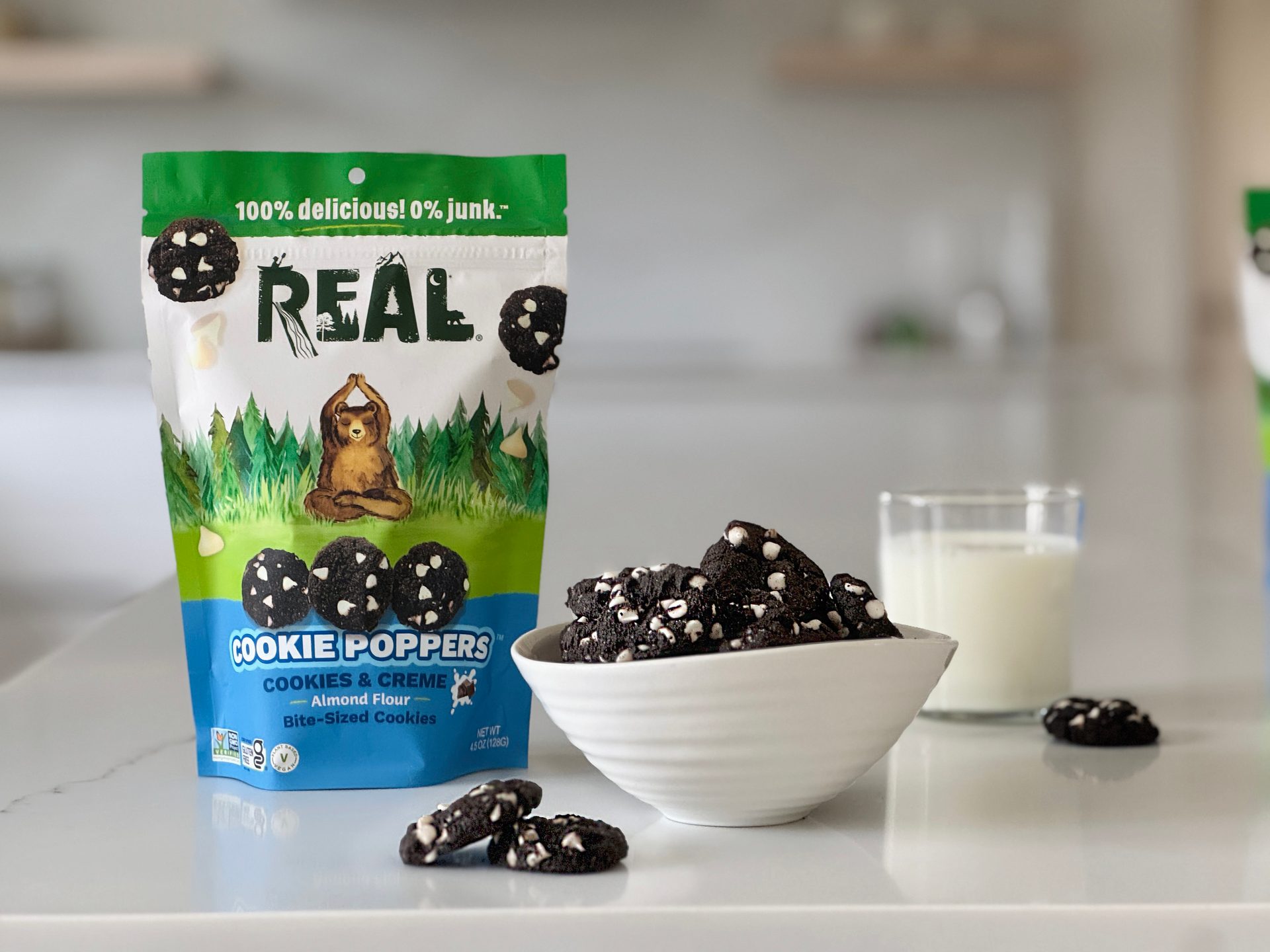The BOTTOM LINE
- Sales of snack cakes snacks have been declining overall
- Better-for-you options are among the ones to watch
- Seasonal offerings and smaller-portion products have been popular
Little indulgences
Sales of bakery snacks might have dropped in the past year, but producers remain optimistic about the months ahead.
Jenni Spinner, Chief Editor
Times have been tough all over during the course of the past 12 months—that hard truth also could be said of the snack cakes field, with sales in the various subcategories experiencing a number of declines. Still, consumers continue to put those little treats in their cart during grocery store visits and quick trips to convenience stores. At the same time, producers of bakery snacks report they will continue to innovate and look forward to a brighter road ahead.
BAKERY SNACKS
STATE of the INDUSTRY

SPONSORED BY
Market data
According to data from Circana (Chicago), covering the 52-week period ending March 23, 2025, bakery snacks have seen ups and downs recently (unfortunately, the category has seen more than its share of downs).
Overall, the center-store snack cakes category brought in $2.1 billion, a decline of 6.2% for the 12-month period. During last year’s State of the Industry coverage, Snack Food & Wholesale Bakery reported the same subcategory enjoyed a slight uptick of 1.2%. Once again, McKee Foods (owner of Little Debbie and other brands) took the top spot, with its $545.2 million constituting a modest 1% increase. Other top-ranked players in the subcategory did not fare as well:
- Grupo Bimbo: $147.4 million, a 0.2% decline
- Bon Appetit Danish: $100 million, a drop of 0.3%
- Mondelēz International: $70.3 million, a decline of 9.1%

HOVER OVER CHART TO SCROLL DOWN
Source: Circana OmniMarket™ Total Store View | Geography : Total US - Multi Outlet w/ C-Store (Grocery, Drug, Mass Market, Convenience, Military and Select Club & Dollar Retailers) | Time : Latest 52 Weeks Ending 03-23-25
Center-store snack cupcakes had a similarly tough time for the one-year period, it turns out—the subcategory brought in $426.2 million, which represents a loss of 7.8% in dollar sales. The leader of that particular pack, Grupo Bimbo, raked in $30.6 million, a drop of 4.6%. Even McKee Foods, which enjoyed a small increase in center-store snack cakes, saw its snack cupcakes sales (amounting to $26.7 million for the year) decline 25% from the previous year. However, the column saw two companies with wildly positive performance: Abe’s Muffins, with $679,866 in dollar sales amounting to a whopping 878.3% increase; and Carlo’s Bakeshop, with $524,893 in sales, an increase of 871.1% compared to the year before.
Looking back
Monty Pooley, president and CEO of JTM Foods, agrees with estimations that the past year has not exactly been smooth sailing for makers of bakery snacks.
“The sweet baked category is moving through a challenging period, with both dollars and units down over the past 52 weeks,” he muses. “All major subcategories are off. There are a few macro trends impacting performance to include economic angst affecting discretionary purchases, softness in c-store, accelerating interest in better-for-you offerings spearheaded by younger consumers, and smaller portion sizing reducing consumption per occasion.”
Paul Stippich, senior director of marketing for the Otis Spunkmeyer brand with Aspire Bakeries, says while producers have found the past year full of challenges, the icing on the cake has been plenty of opportunity.
“Both headwinds and areas of growth have shaped the bakery landscape by shifting consumer habits, inflationary pressures, and operational adjustments,” he notes. “Some of the key challenges have been brought by inflation, labor shortages, and gaps in the supply chain. While the situation has greatly improved from the prior year, sporadic delays and higher ingredient prices created obstacles.”
Stippich adds that in tracking shopper preferences, the company observed a number of driving factors.
“When purchasing bakery snacks, consumers prioritized convenience, indulgence, and choosing seasonal flavors,” he shares.
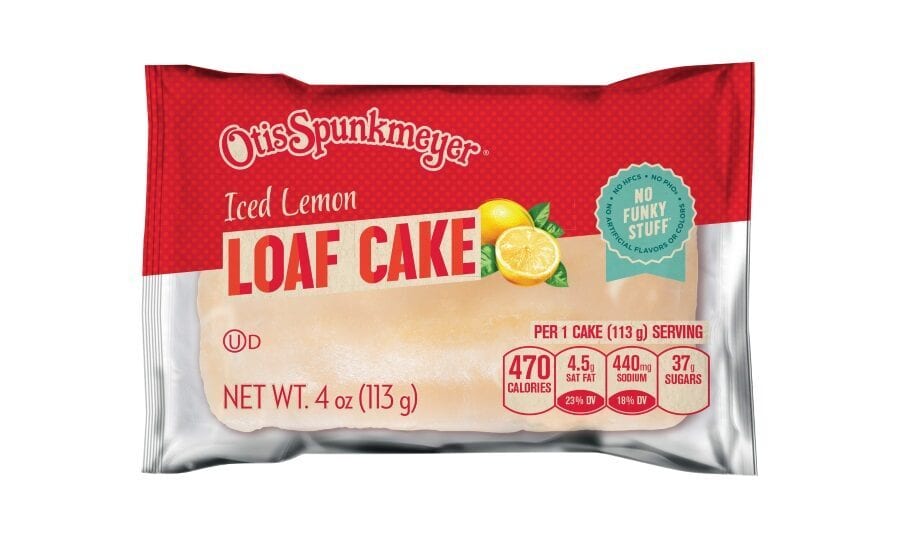
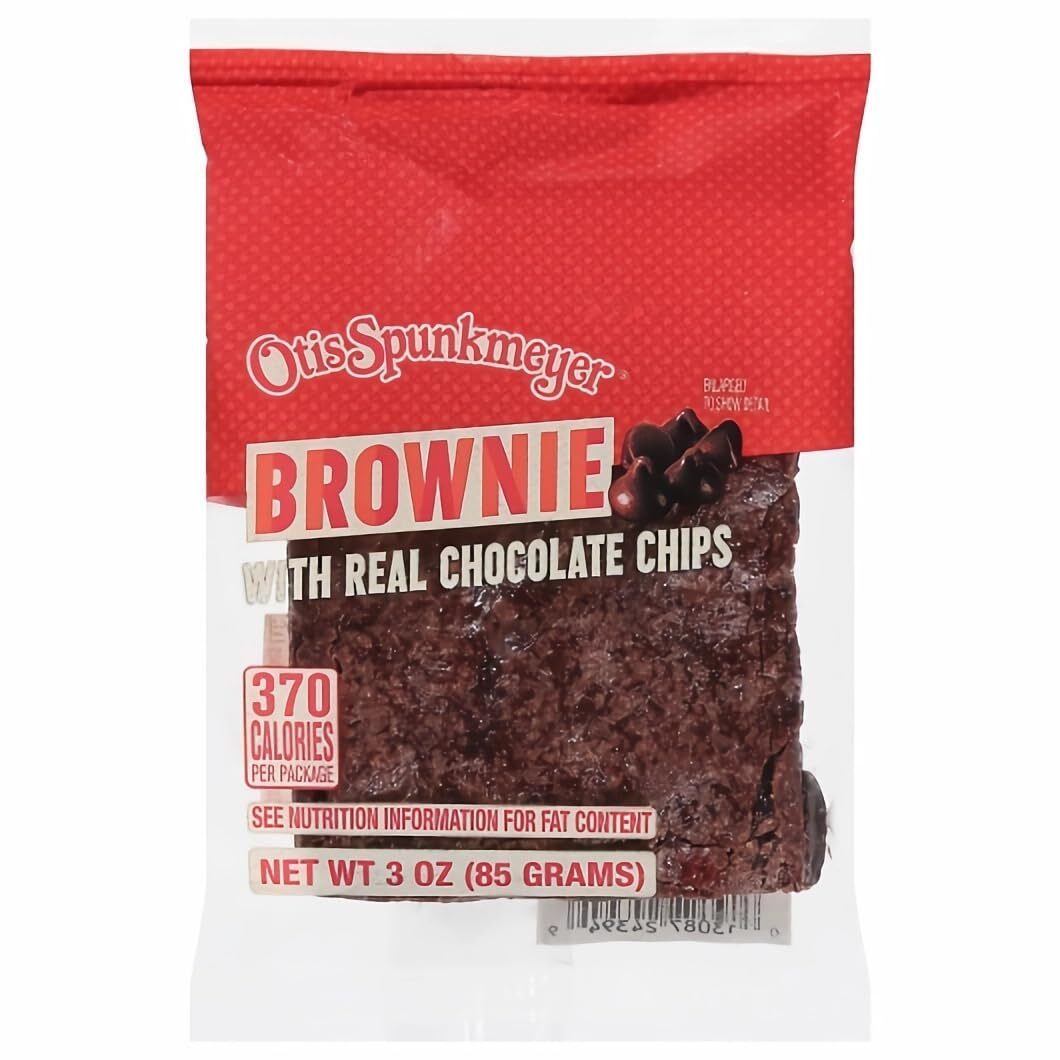
Courtesy of Aspire Bakeries
Speaking of seasonal: Little Debbie counts its Christmas Tree Cakes among its most popular seasonal sellers. Last year, the company expanded the holiday line with Christmas Tree Cake Mini Donuts (a riff on those tree-shaped favorites), as well as Christmas Mini Muffins.
“Our Christmas lineup is always a highlight, with each treat crafted to evoke the nostalgia and joy that Little Debbie brings to the season, reinforcing our place at the heart of holiday celebrations,” says Kenny Hammontree, Little Debbie brand manager. “Fans look forward to Little Debbie Christmas treats all year, and this season, we’re delivering even more ways to celebrate with snacks as special as the moments they help create.”
Looking forward
The past year has been challenging, and industry leaders like Pooley don’t expect obstacles to be completely out of the way in the next several months.
“If the economy slips into recession, the negative impact to discretionary spending could persist,” he advises. “Government mandates on ingredients will impact formulation with producers able to develop quick, cost-neutral replacements winning with our retail partners and consumers.”
With that in mind, he adds, producers should brace themselves to improve their outlook.
“When the environment is challenging, the stronger players are better positioned to succeed,” he says. “We will look to supplement our growing portfolio of solutions with products that are relevant and offer upside for our retail partners.”
Stippich muses that consumers will continue reaching for bakery snacks when hunger strikes, thanks to their potential to deliver affordable indulgence, adding that he believes personalization and small portion size will drive growth in the coming months. He also states producers stand to benefit from AI and other tools to drive and inform decisions.
“Bakery treats are at a compelling crossroads—offerings must stay rooted in tradition and indulgence while evolving rapidly to meet modern demands,” he advises. “The marketplace will also continue to lean into smart analytics, leveraging data to better predict demand, reduce waste, and tailor assortments based on local preferences.”
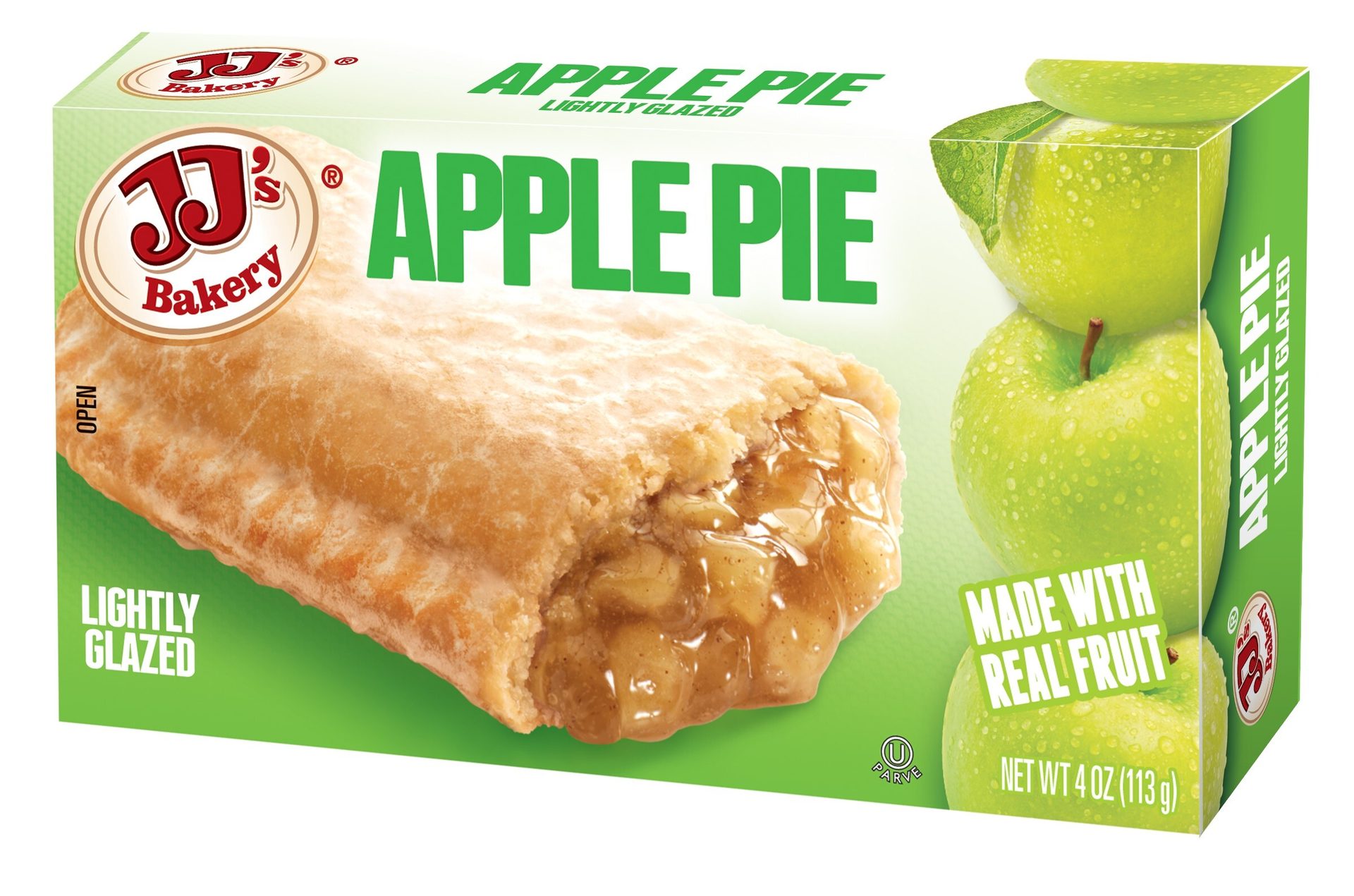
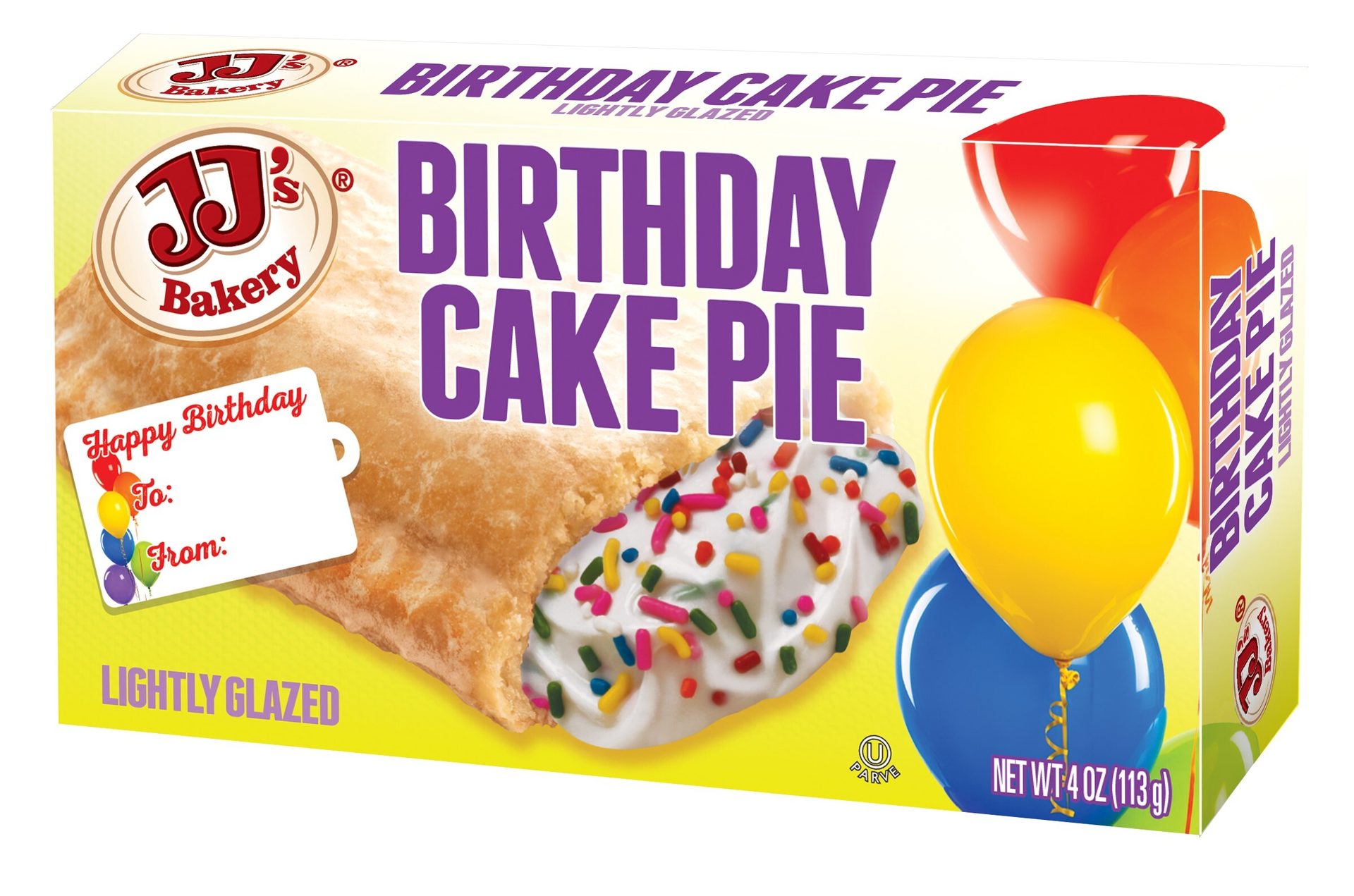
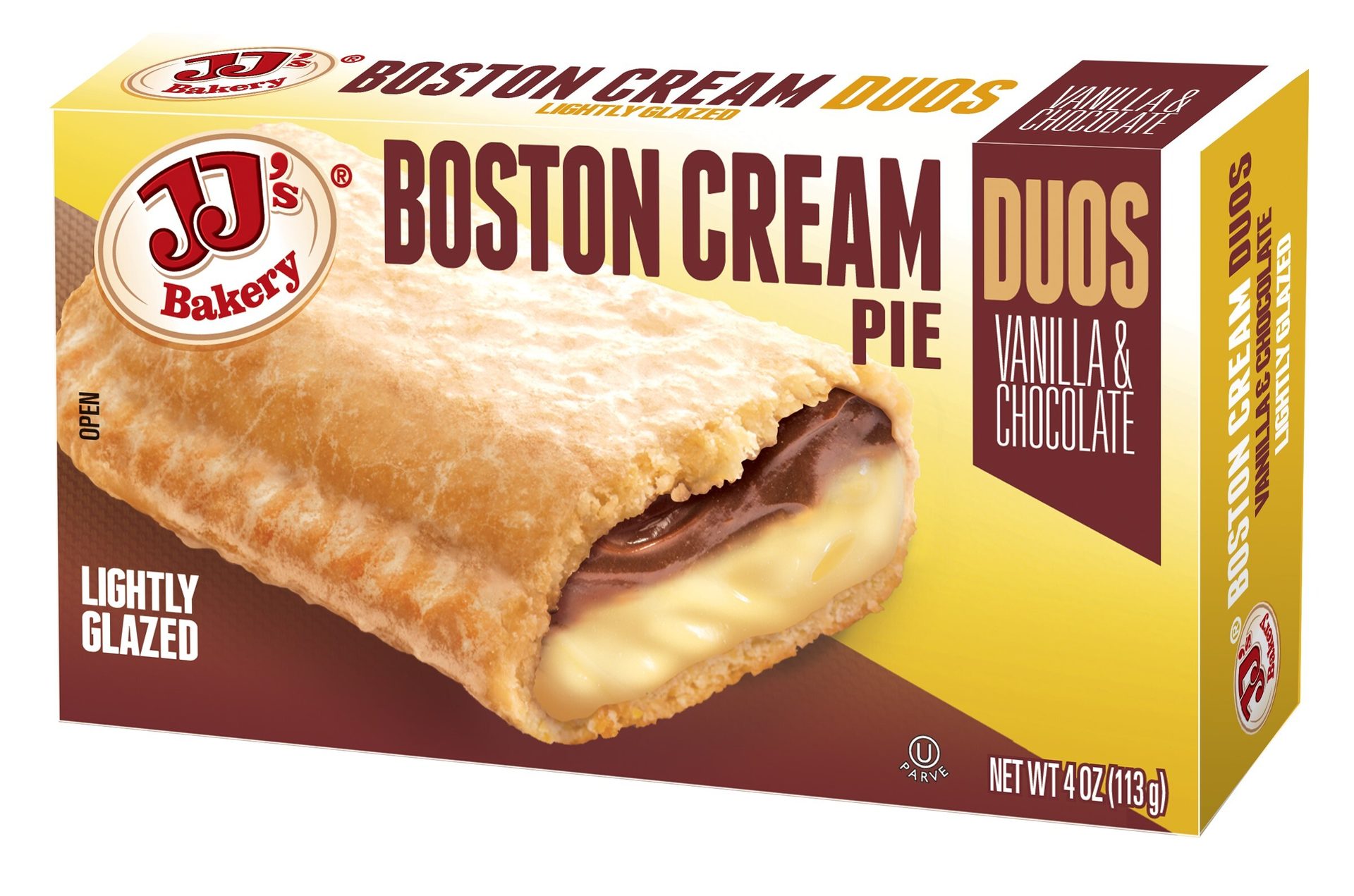
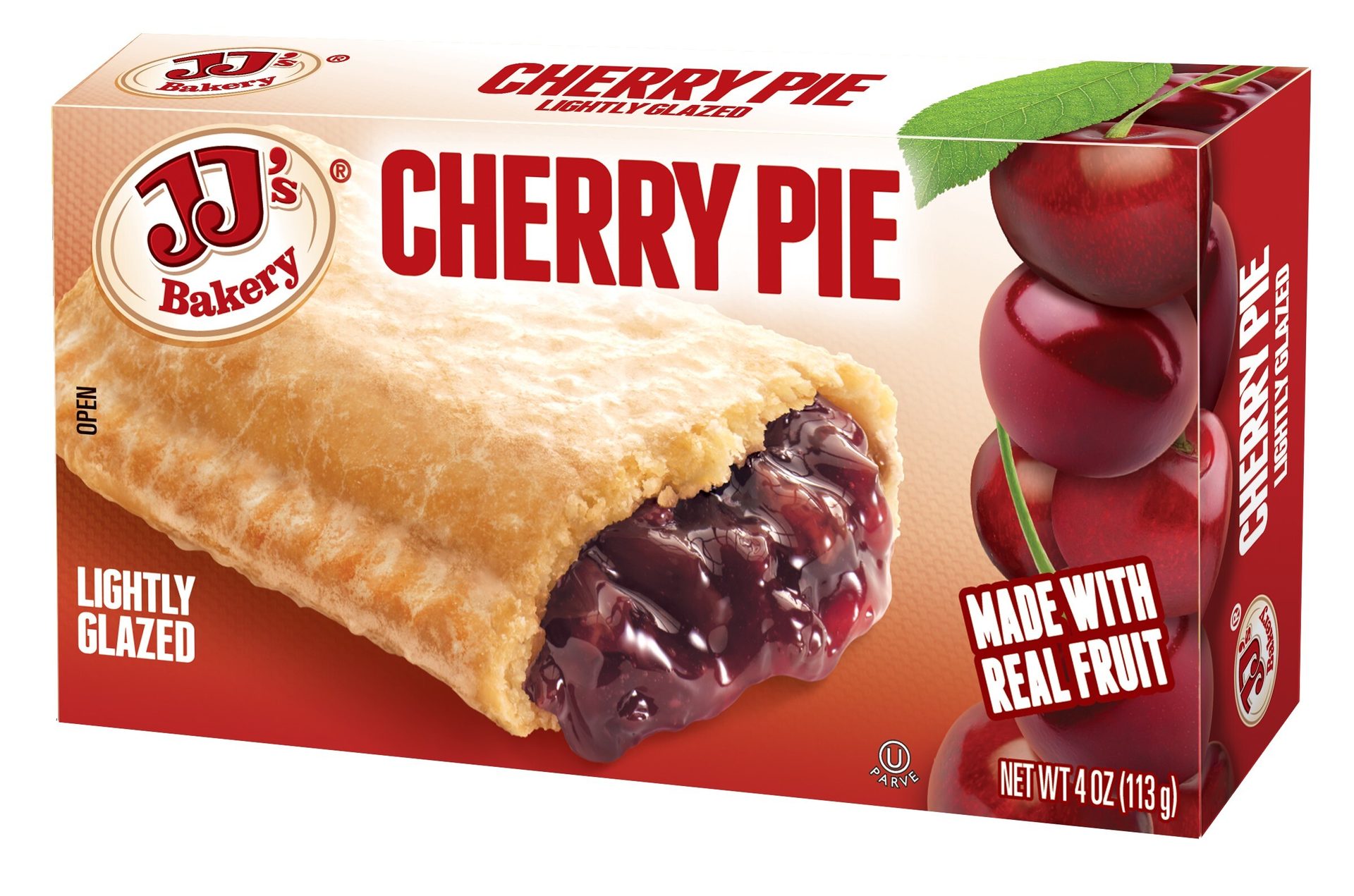
Courtesy of JTM Foods
Hammontree says the Little Debbie brand will continue to innovate in bakery snacks, building on the hard work of its staff.
“We have a wonderful product development team, and our marketing team—the brand team works closely with that group,” Hammontree says. “We work closely across the organization to really understand what our capabilities are, but more so what matters for consumers—what do they want? People have grown up with Little Debbie, so a Little Debbie product has to not only be a good product in and of itself, but also to resonate with the consumers who love the brand and carry on that legacy of decades of the Little Debbie brand.”
Stippich shares there are a number of reasons to look on the bright side regarding the future of the category.
“I am optimistic with cautious realism; consumer interest in bakery treats will remain strong, particularly around indulgence, convenience, and freshness,” he predicts. “Success will depend on the industry’s adaptation to ongoing cost pressures and shifting consumer behaviors. Otis Spunkmeyer will continue to innovate thoughtfully, to support our customers and ensure they are positioned to win.”
Pooley concurs, predicting that despite the challenges that producers likely face, the bakery snack category will endure.
“When the environment is challenging, the stronger players are better positioned to succeed."
— Monty Pooley, president/CEO, JTM Foods

“I like to say that despite some of the near-in challenges, the category has another 100-150 good years ahead of it,” he states. “Consumers and retailers love our products and our industry will continue to deliver solutions that delight the marketplace!” SF&WB



